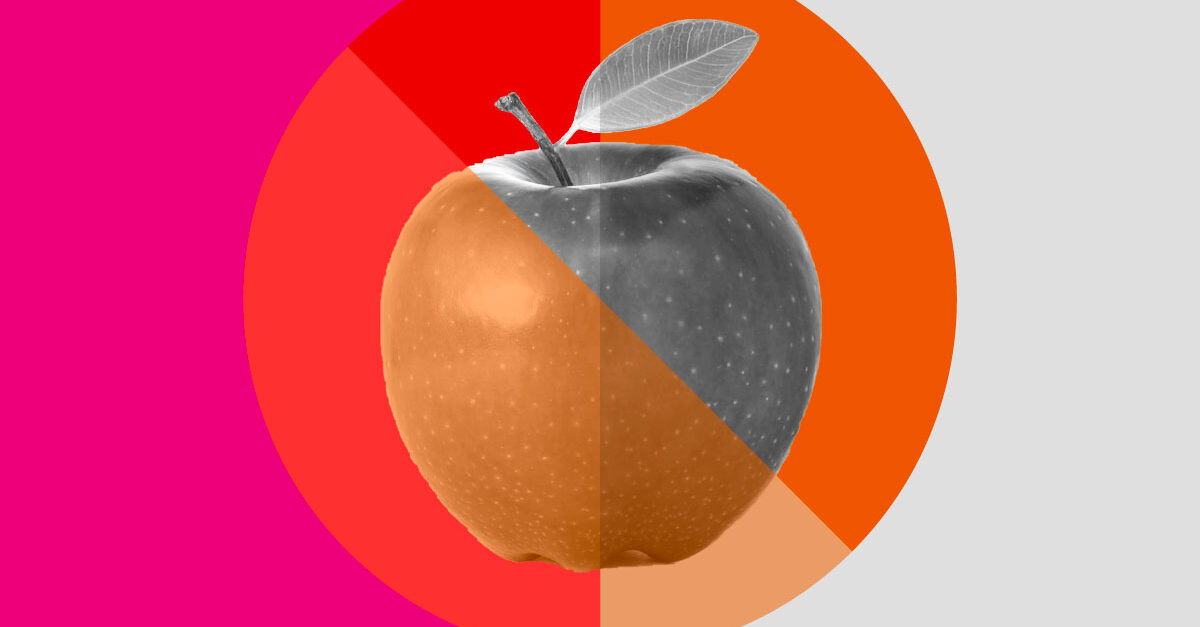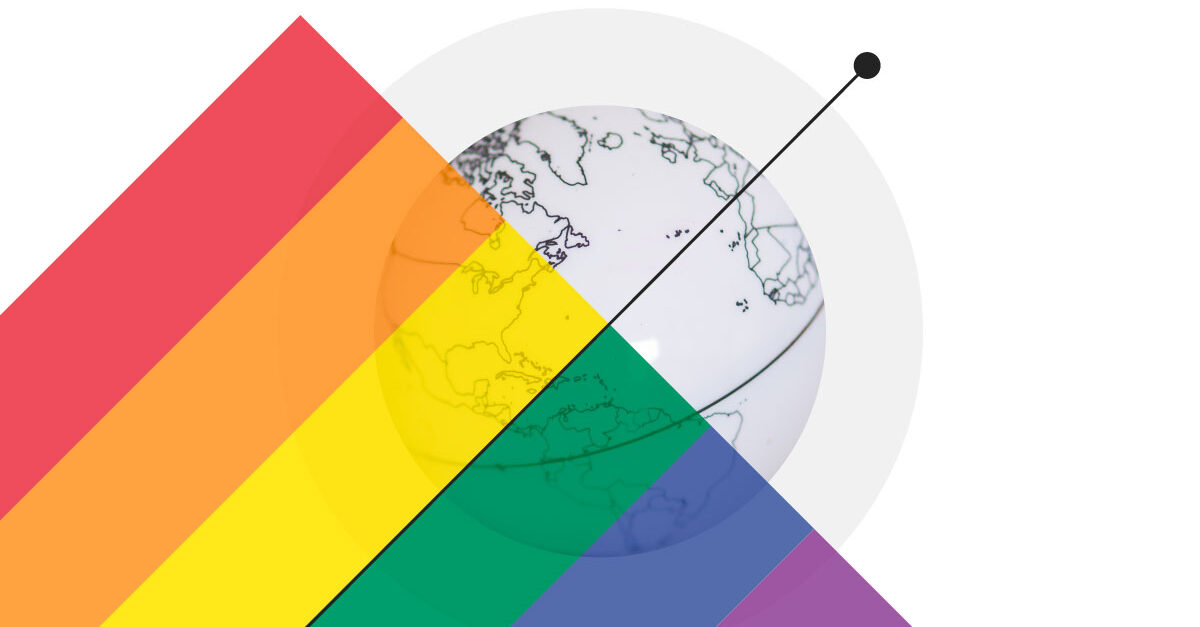Did you know that the tourism sector in Canada generates $102 billion annually, involves 1.8 million jobs, and accounts for over 2% of GDP? Of course, in the past two years, the sector has taken an unexpected turn.
Now, the federal government is asking Canadians for help developing a new Federal Tourism Growth Strategy that will plot a course for growth, investment, and stability. We have some ideas!
Colleges and institutes are Canada’s skills solution. Did you know that 6.8 million workers in Canada get training at public colleges and institutes? For tourism and related service fields, 26% of workers are college and institute graduates.
Submission: Colleges and institutes are important partners in the recovery and growth of the tourism sector. We have three recommendations. (SDG 8)
Colleges and institutes train for workers at all stages in their hospitality and tourism careers through a variety of credentials, including post-graduate certificates, specialized degrees, advanced diplomas, online microcredentials and more!
As Canada re-imagines it’s long-term tourism strategy, ensuring that workers have the right skills and see the industry as a path to good, high-quality jobs will be instrumental to the sector’s success.










